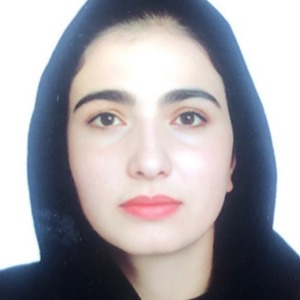
Maryam Barizans is from Afghanistan and graduated from Kabul University with a degree in Social Science from the Faculty of Economics in 2022. During her studies, she explored various social issues, particularly focusing on women and their roles in society, justice, and freedom. While she was a student, she joined Capacity for Afghanistan (C4A) and the Kabul University Students Union.
Additionally, she became a voice for women in rural areas of Afghanistan. She has written various articles that have been published in national magazines, highlighting women's roles in society and the hardships they face in rural regions.
When Kabul fell to the Taliban in 2021, women were prevented from attending university, and girls were barred from school. She returned to her village, and when the Taliban reopened schools exclusively for boys, she could not bear this inequality. Consequently, she launched the first house schools in her district, Ishakashim, to teach girls essential subjects, ethical values, and to empower them to remain strong and continue their education. She established this initiative on her own, without any funding from organizations.
Later, she returned to Kabul to complete her bachelor's degree. Instead of focusing solely on her university lessons, she worked with Justice for Equality of Afghanistan (JEAO) as an educational mentor, eventually becoming the site manager for UNICEF’s Accelerated Education for Girls in Afghanistan project.
After that, she joined the Agha Khan Foundation as a Policy and Partnership Officer, where she worked from November 2023 to March 2025.
Her aim is to advocate for women's economic empowerment, sustainable development, social entrepreneurship, and help with education access in Afghanistan.
OMLAS Experience: “OMLAS gives me a big family from all over Asia, as its slogan is connecting people. Here I find myself, and it helped me to be clear about the future, in what to be and what to do in my community and beyond that. Here, I connect with the chosen leaders in different aspects and communities, and I gain that leaders, even from different backgrounds, have a lot in common.”